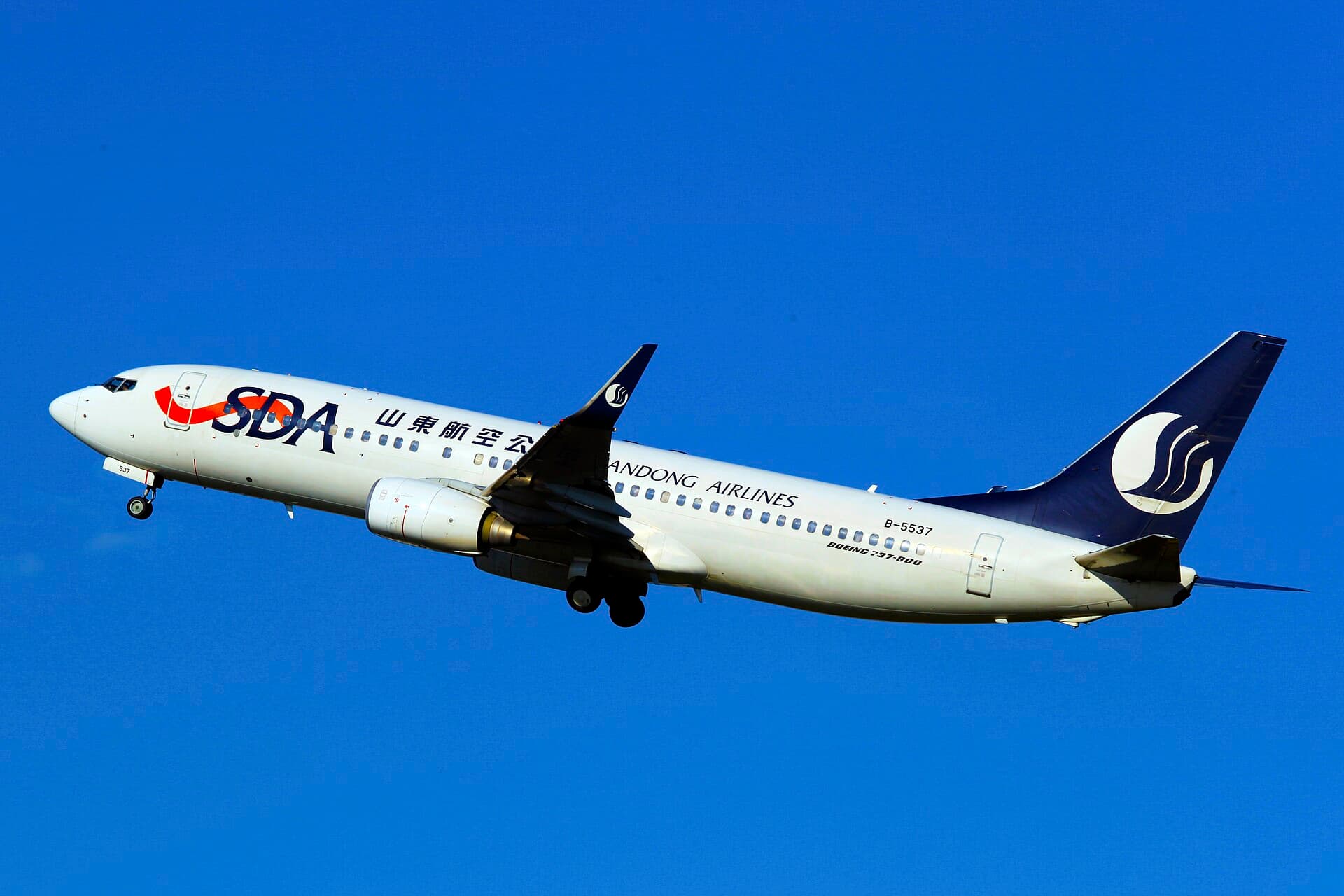
By Eva Molina, Anchor, Brigada News FM Kidapawan
Deep in the forested hills of Barangay Don Panaca lies a lesser-known natural destination that locals call Kapattee Falls. More formally known as Kapati Waterfalls, this site is part of a growing number of ecotourism spots across Mindanao that offer both respite and opportunity.
Surrounded by the forestlands of the Obu Manuvu ancestral domain, the site can be reached after a moderate hike, beginning with a walk across the first glass bridge in North Cotabato. Suspended over the landscape, the bridge offers visitors an elevated view of the lush terrain that surrounds the footpath leading to the falls.
The falls themselves, tucked away from roadways and mobile reception, are unspoiled and quiet. With cascading waters flowing into natural basins, the area has become a popular local destination for those seeking a weekend escape without the commercial features often found in larger resorts.
Adjacent to the waterfalls is Rych Highland Resort, which features an infinity pool framed by hills covered in ferns and native flowers. The location blends built amenities with the surrounding environment, a combination that reflects the area’s slow but deliberate approach to nature-based tourism.
While Magpet remains outside the usual list of tourism-heavy towns, reaching Kapati is not difficult. From Cotabato Airport in Datu Odin Sinsuat, travelers can reach the municipality via Kidapawan City, about a three-hour drive in total. Buses and public utility vans operate regularly, and local guides in Don Panaca assist with navigation and access.
Aside from its aesthetic and recreational appeal, the area’s development has introduced modest but meaningful changes for the surrounding community. According to village residents, tourism-related activities have created jobs for guides, transport providers, small food vendors, and craftsmen.
“Before, we depended mostly on farming,” said Ernesto Panes, who now works part-time as a hiking guide. “But when people started coming here more often, we saw a chance to earn while also taking care of our forest.”
The municipal government of Magpet has implemented basic tourism guidelines in partnership with local leaders and indigenous elders, who maintain cultural and environmental oversight in the area. Officials encourage waste-free visits, limit large group tours, and promote local employment.
Mental health professionals have also emphasized the value of time spent in natural settings. Immersion in places like Kapati Waterfalls, where electronic distractions are minimal and sounds of water and wildlife dominate, can help reduce anxiety and support emotional recovery.
A 2022 study by the University of the Philippines found that short-term nature exposure can lead to measurable improvements in mood and attention. With the added element of physical activity through hiking, sites such as Kapati combine exercise, mindfulness, and community connection.
Importantly, Magpet’s tourism approach remains grounded in local stewardship. While resorts and infrastructure are beginning to emerge, large-scale commercial developments have not been prioritized. For community members and environmental advocates, that slow growth is intentional.
“Our vision is not mass tourism,” said a municipal tourism officer. “We want low-impact visitors who appreciate the land, respect local culture, and help support local livelihoods.”
As travel resumes across the country, destinations like Kapati Waterfalls offer an alternative to the often crowded coastal retreats. With its balance of adventure, peace, and cultural presence, it reflects a growing interest in sustainable and locally managed tourism.
For visitors, the appeal may be simple: fresh air, flowing water, and a few hours away from noise. For residents, it is a path toward economic opportunity rooted in place. In Kapati, nature is more than a view—it is part of daily life and shared future.




